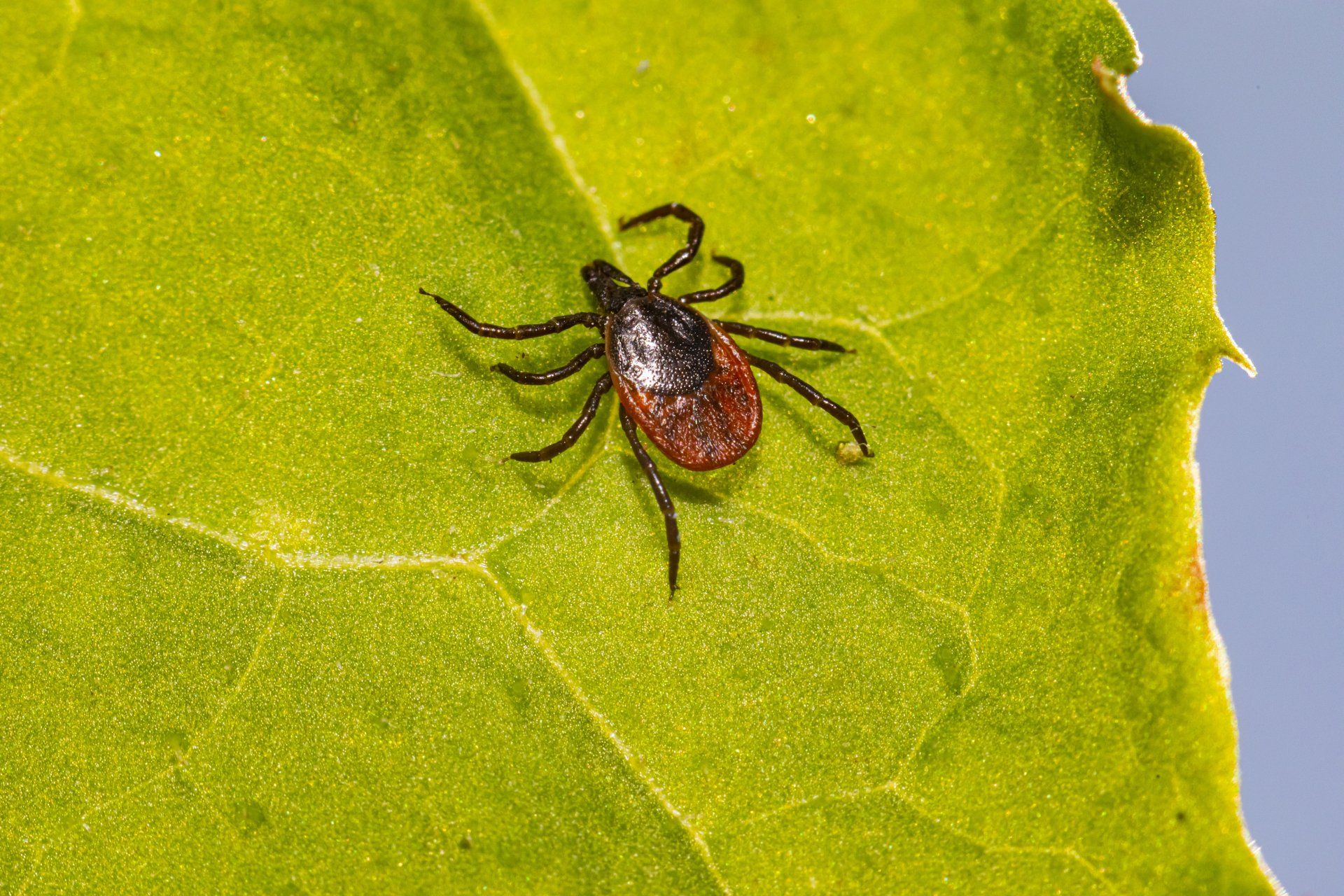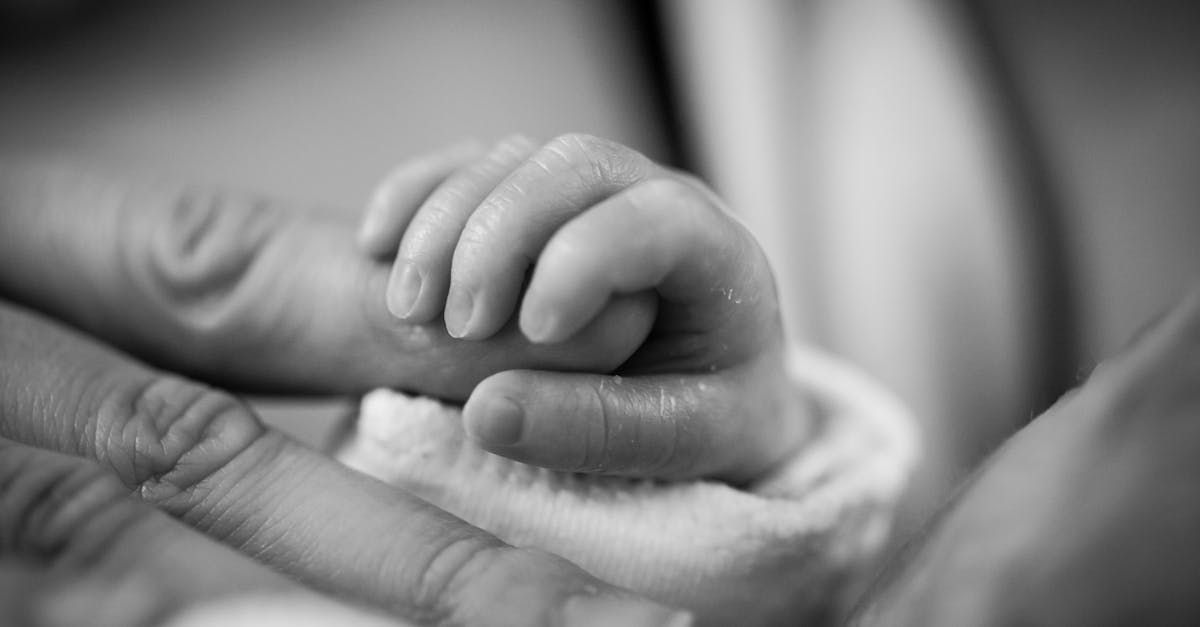Gastroschisis
What is Gastroschisis?
"Gastroschisis" is a congenital condition where the baby's bowels are often outside the body, mainly to the right of the belly button.
Why does this happen?
This condition is thought to result from a combination of genetic and environmental factors.
What do you need to know about your pregnancy?
- Your baby will likely be smaller than average.
- Expect your baby to arrive at 37 to 38 weeks, earlier than the expected 40 weeks.
- Understand that you could have done nothing to prevent this according to current scientific guidelines.
- Most deliveries occur vaginally.
What should I expect after my baby is born?
- This is a significant question, with the answer varying based on how much of the baby's intestine is outside the body and the overall gut condition – simple or complex. Fortunately, 75% of American cases are simple.
- Whether simple or complex:
- After delivery, the focus will be on keeping the bowels clean and moist by covering the exposed area.
- Hydration and nutrients will be given via a needle inserted in the hand, foot, or scalp. Antibiotics will be administered through the same line to prevent infection.
- A tube will be inserted through the baby's nose to release air from the stomach, reducing inflammation and distension, making it easier to reposition the intestines.
- A breathing tube might also be necessary to assist with respiration.
- In complex cases, surgery might be delayed to address inflammation or treat the bowel before placing it back inside the baby. This leads to better outcomes.
- For simple cases, the bowel will either be kept clean, hydrated, and wrapped, allowing it to naturally return to the abdomen, or it will be surgically reinserted and the abdominal opening closed. Research shows that both approaches have similar lengths of stay and progress results.
- Depending on the case complexity, hospital stay duration varies from weeks to months.
What's the Long-Term Outlook?
While there might be some gastrointestinal challenges or developmental considerations, many children with Gastroschisis go on to live healthy, fulfilling lives. Regular medical check-ups will help monitor your child's progress and address any issues that may arise.
Follow-Up Care: After leaving the hospital, consistent follow-up care is crucial. Regular appointments with the medical team will ensure that your baby's growth, development, and overall health are carefully monitored. Any concerns or questions can be addressed during these visits, and adjustments to the care plan can be made as needed.
Parental Support: Dealing with Gastroschisis can be emotionally overwhelming. Remember that you're not alone. Seek support groups or counseling services to connect you with other parents who have gone through similar experiences. These networks can provide valuable emotional support and share practical insights to smooth your journey.
Don't hesitate to contact your surgical team if your baby displays feeding intolerance (vomiting) or any signs of infection at the surgery site (redness, swelling, drainage). Your active involvement and communication are crucial for ensuring the best possible outcomes for your child's health and well-being.
CDC
Global Gastroschisis Foundation
Alexander Alvarado MS4 University of Missouri School of Medicine Springfield Clinical Campus
Ashlynn Harmon RN Gastroschisis parent










